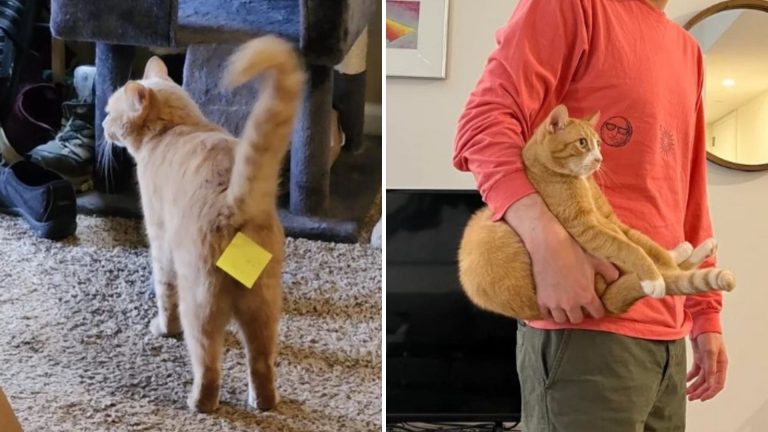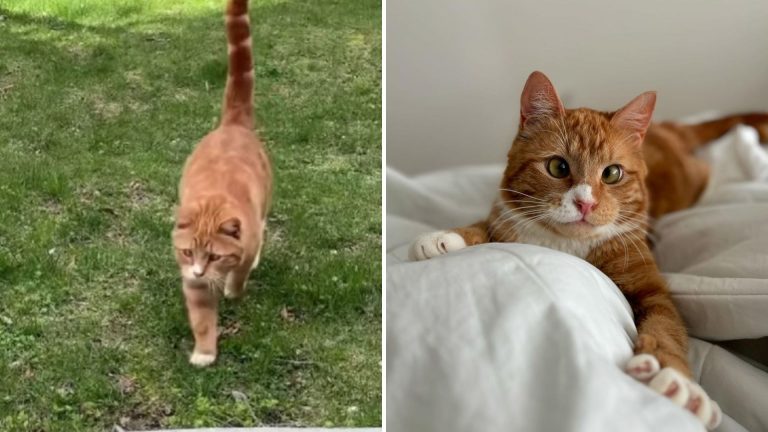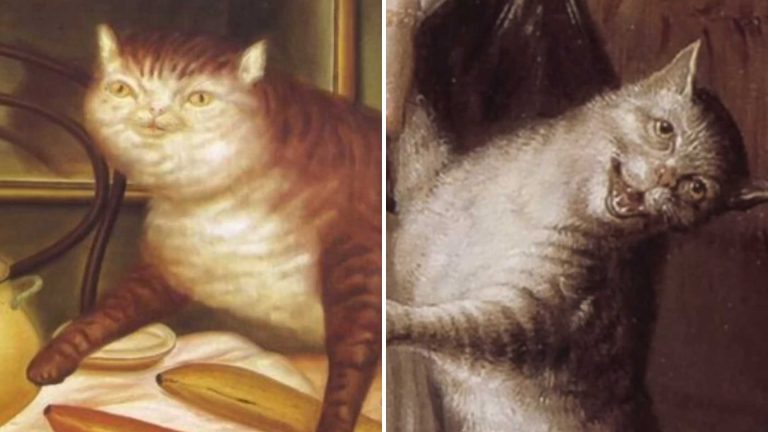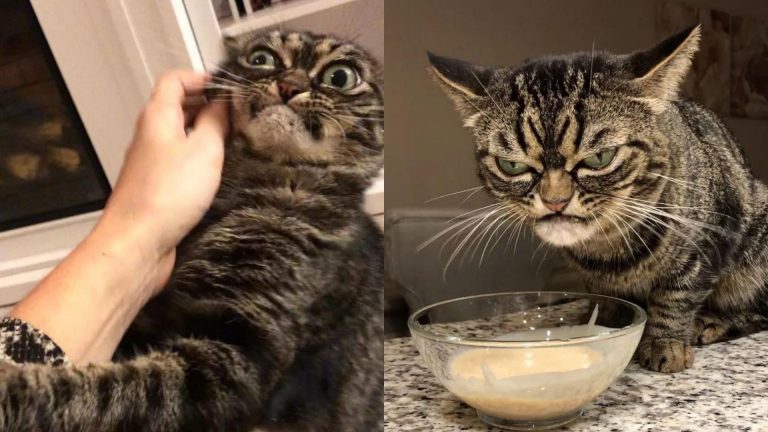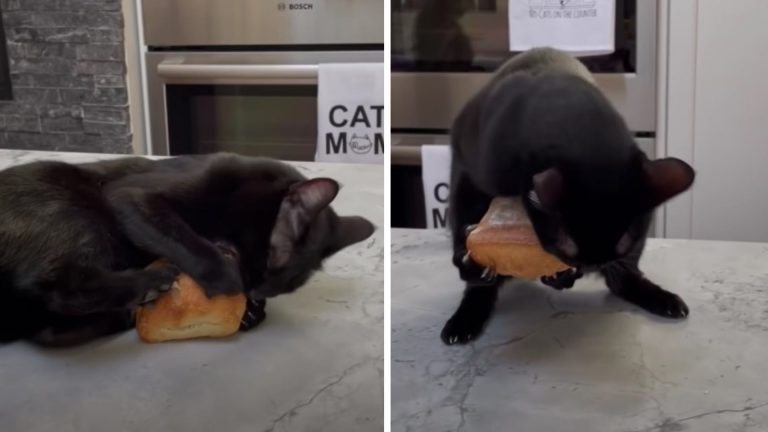A Fresh PurrSpective On Cat Obesity! Risks, Causes And Treatment
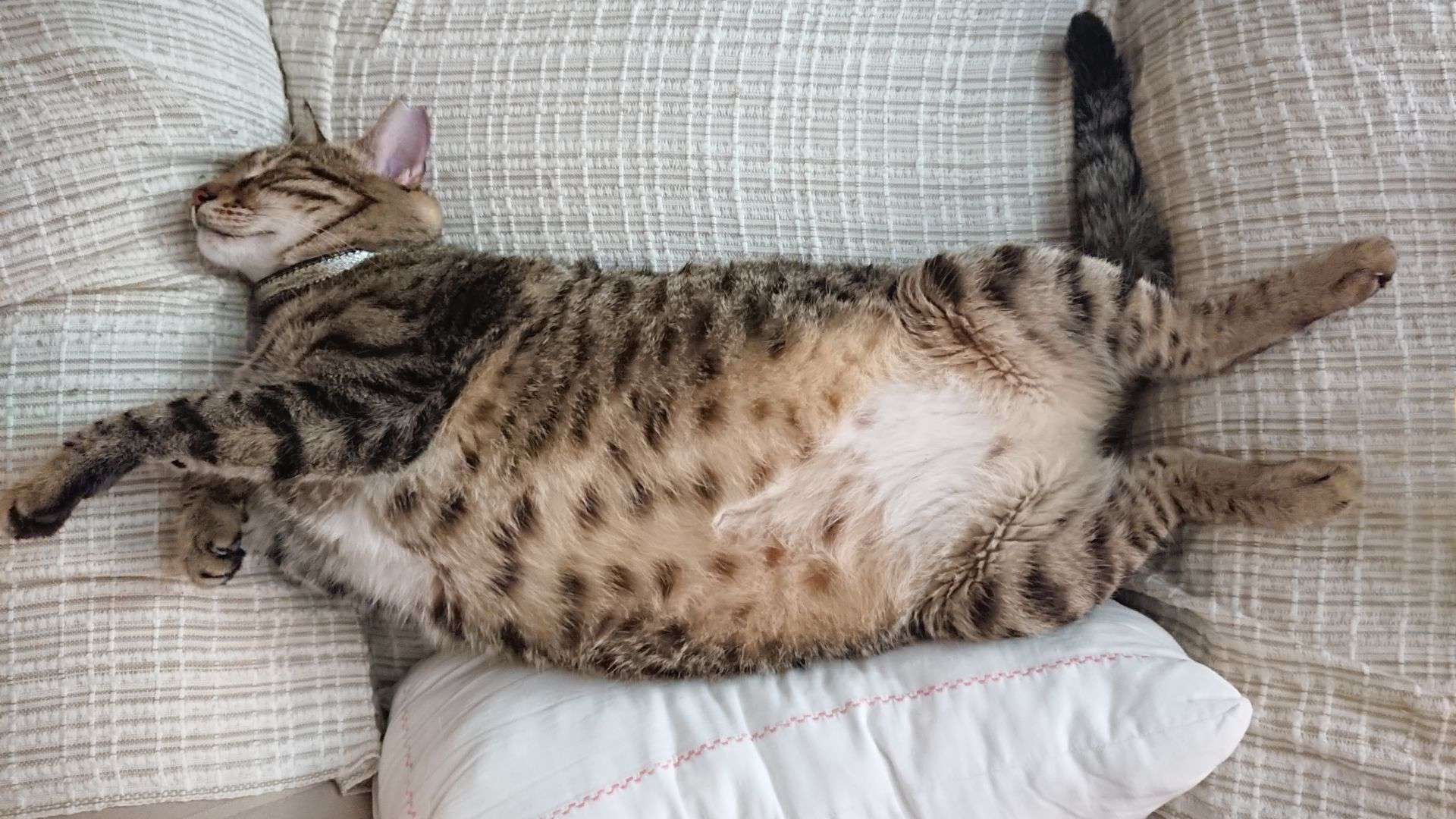
Cat obesity can become a serious issue that can significantly impact our cats’ quality of life. So let’s dive into the importance of vet visits, causes and risks of obesity, and learn how to keep a cat’s weight in line.
It’s all about understanding the reasons behind cat obesity to keep our beloved pals as healthy and happy as can be.
The Fluff On Cat Obesity
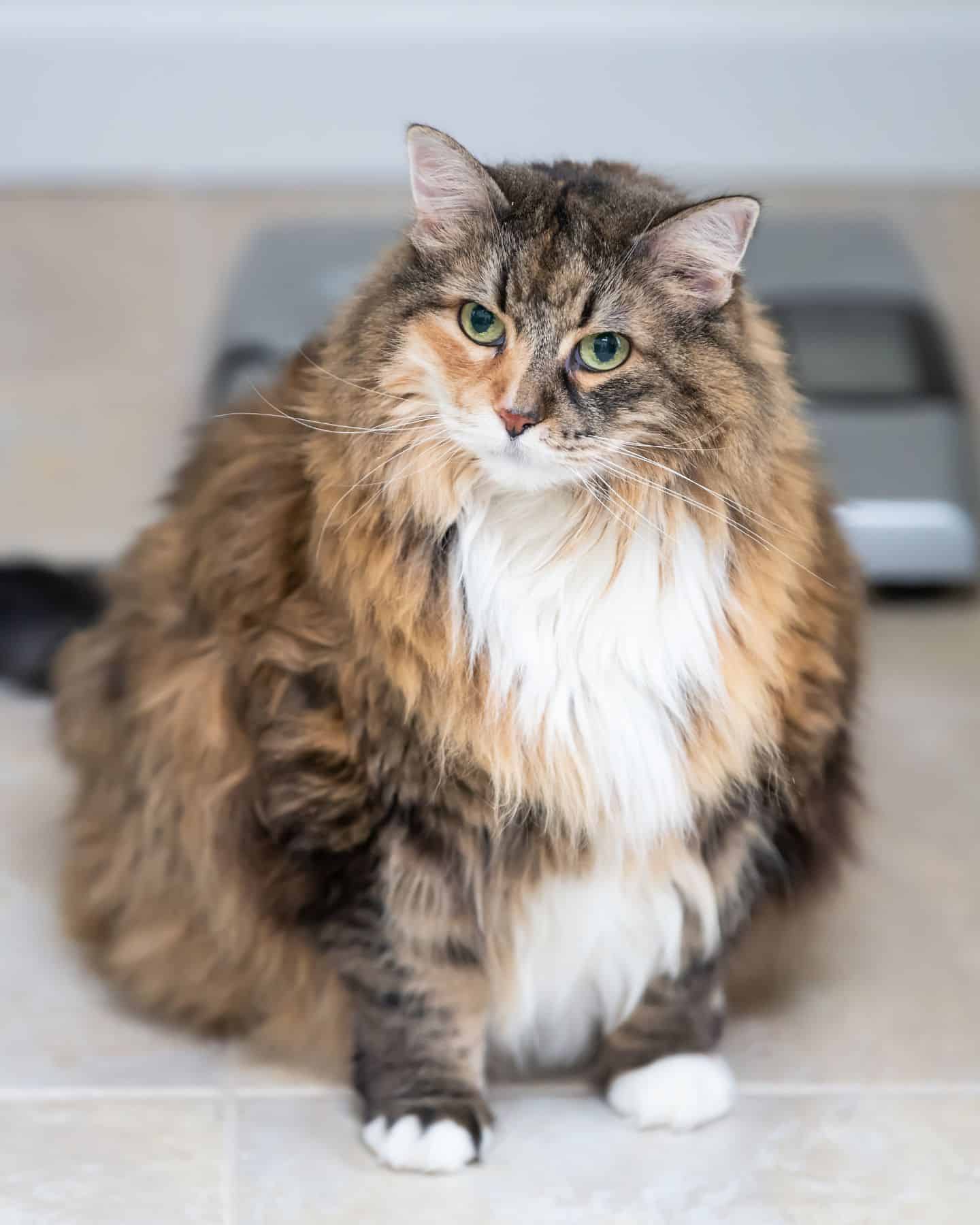
So what’s the deal with cat obesity? It’s not just about having an adorable chubby Garfield-looking pet – it’s a serious health issue.
While chubby cats might seem cute, those extra pounds can easily lead to diabetes, arthritis, heart problems, and/or respiratory issues.
Cat obesity is a serious problem with more to it than just eating disorders and inactivity. Sometimes, obesity can even be related to medical conditions or genetics, and knowing what’s behind it helps us tackle the problem early on.
Why Do Those Vet Visits Matter?
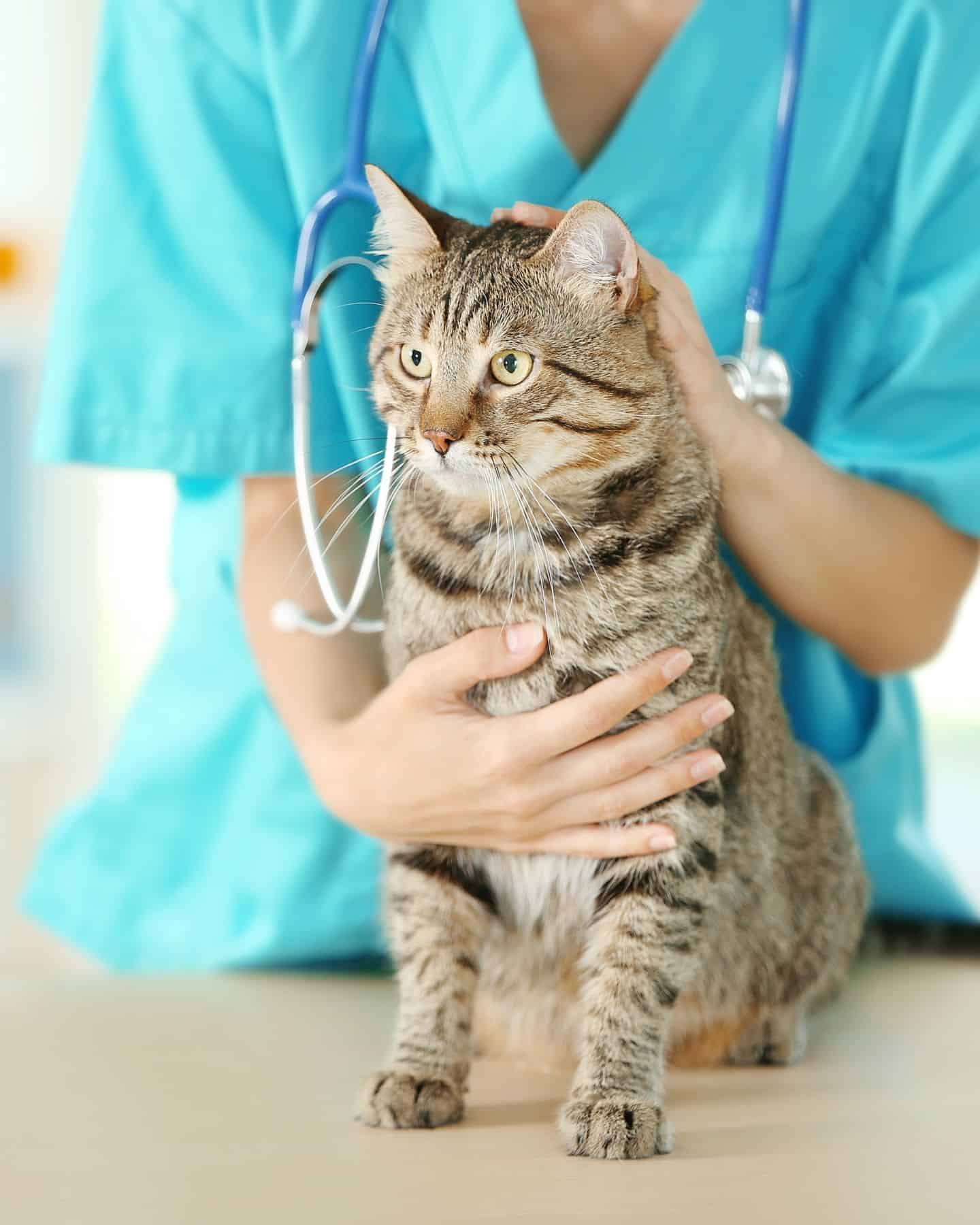
The vet isn’t there just for emergencies. These visits are crucial for monitoring your cat’s weight, spotting signs of obesity early, and developing a personalized plan.
Vets can also identify any underlying health problems and offer guidance on nutrition and exercise.
How It Happens?
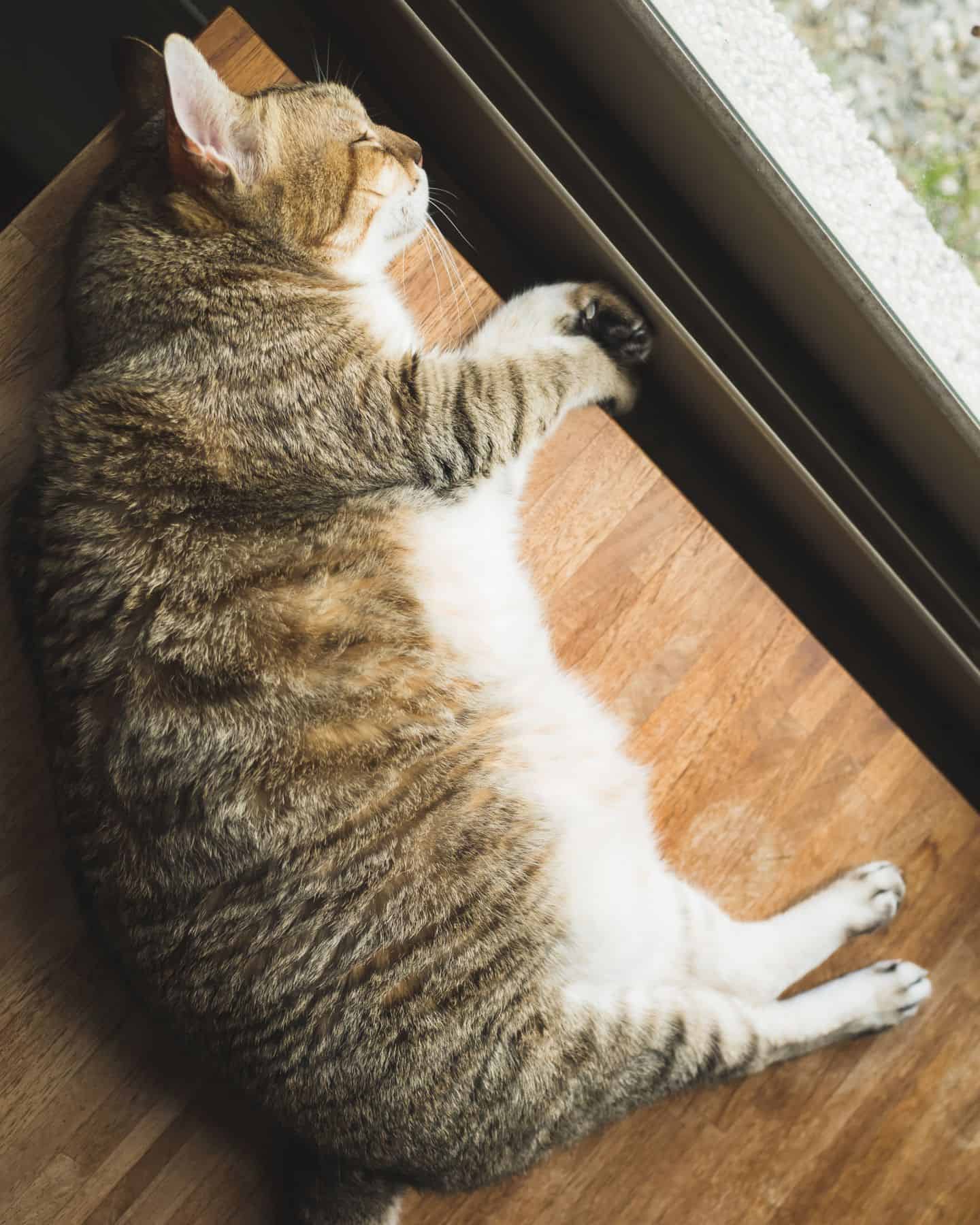
Overfeeding and a sedentary lifestyle can quickly lead to weight gain in cats. Indoor cats, in particular, need plenty of playtime and mental stimulation to stay in shape. And those post-neutering munchies can contribute to the scale, too.
Plus, certain medical conditions, like diabetes, can affect your cat’s weight.
The Dangers Of Chubby Cats
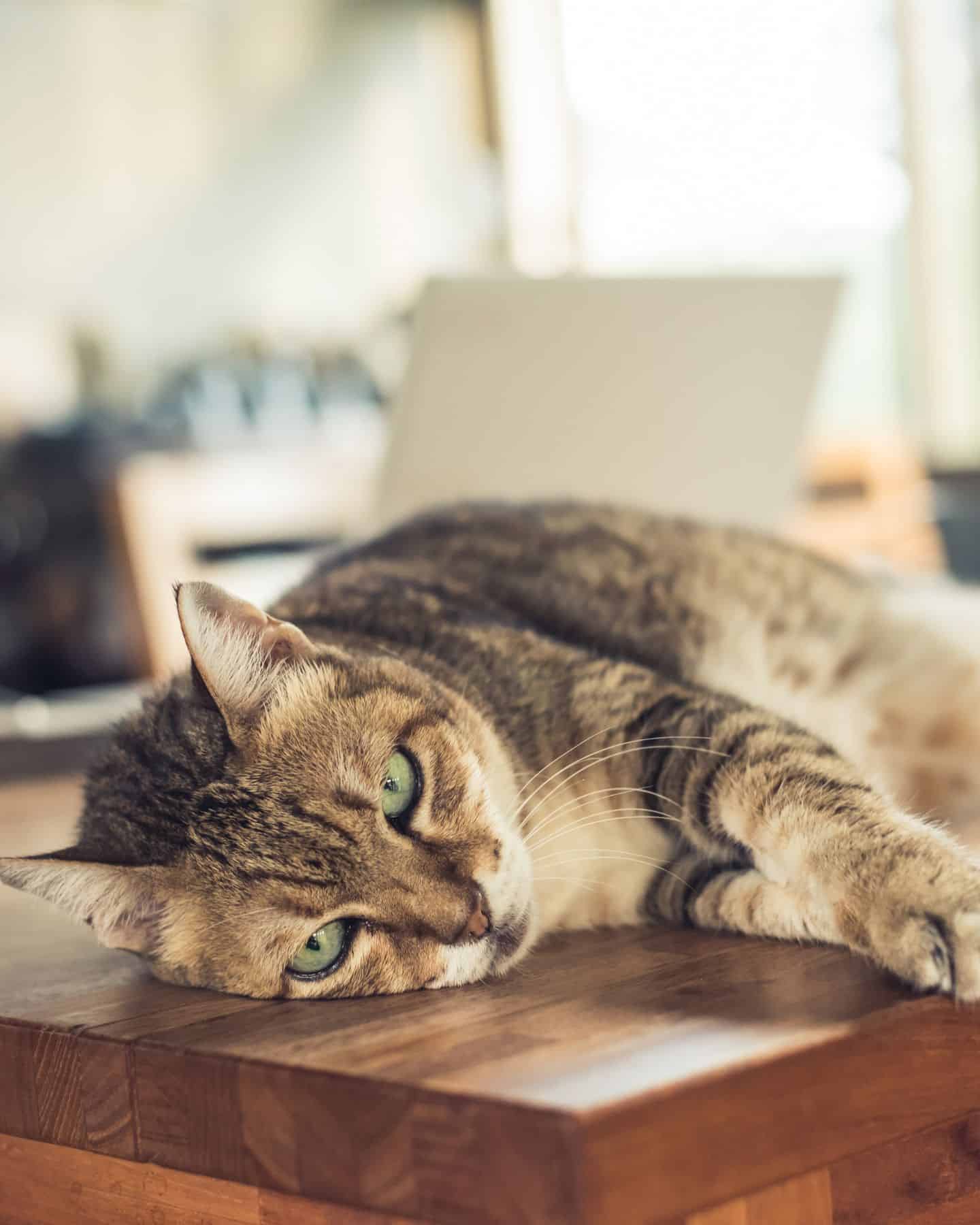
Cat obesity comes with a laundry list of health troubles, including diabetes, joint pain, arthritis, potentially life-threatening heart diseases, breathing difficulties, and digestive issues.
Definitely not fun for our fluffy buddies!
Slimming Down & Keeping Your Cat Fit
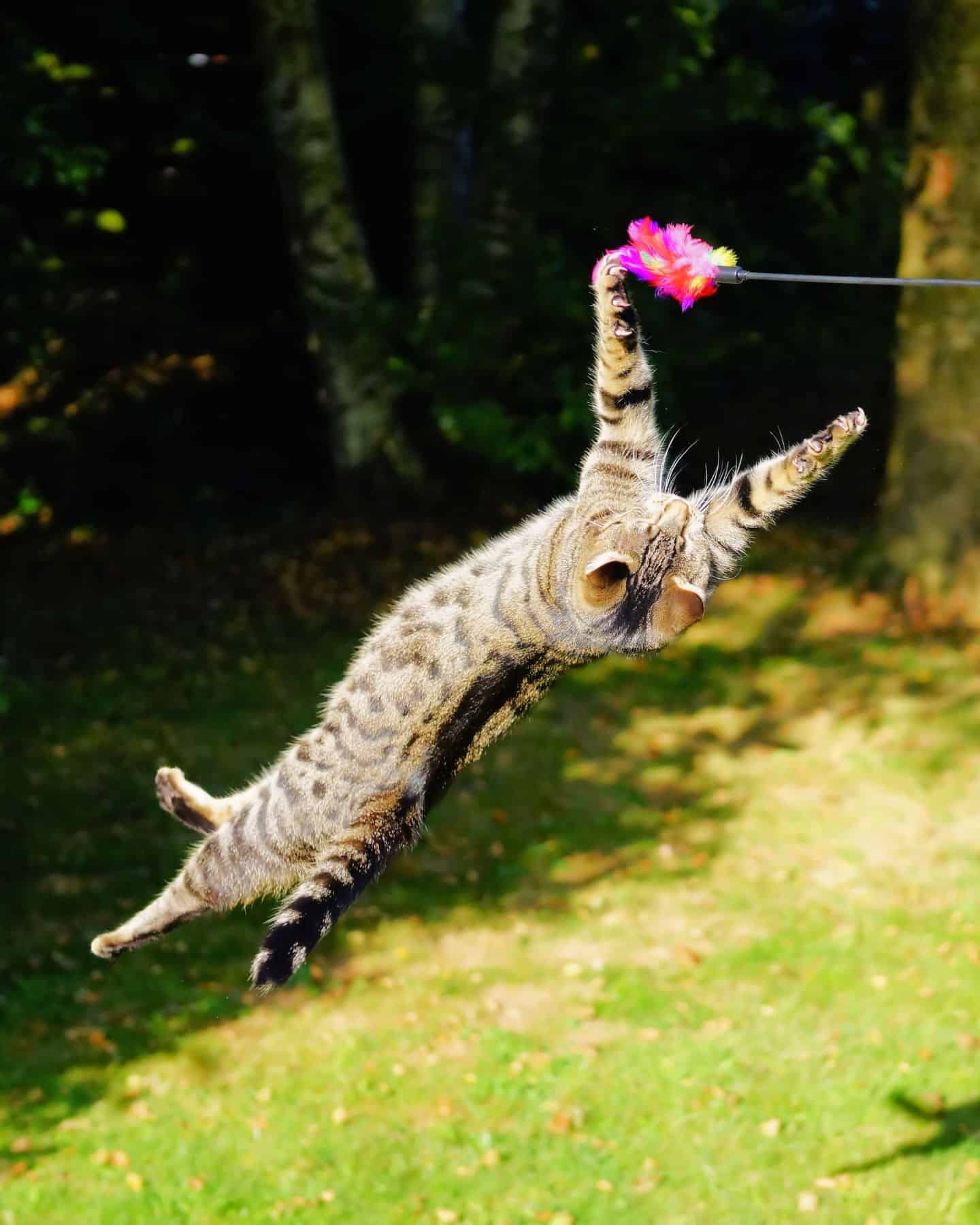
Preventing cat obesity is far easier than managing it. The keys to success are a well-balanced diet, portion management, and frequent exercise. Interactive toys and puzzles can keep those whiskers moving!
If your cat has already put on some extra pounds, you should talk to your vet about the next step.
Keep in mind that slow and steady weight loss is much better than crash diets. Your vet will help create a plan that includes dietary changes and more playtime, according to your cat’s condition.
Wrapping It Up
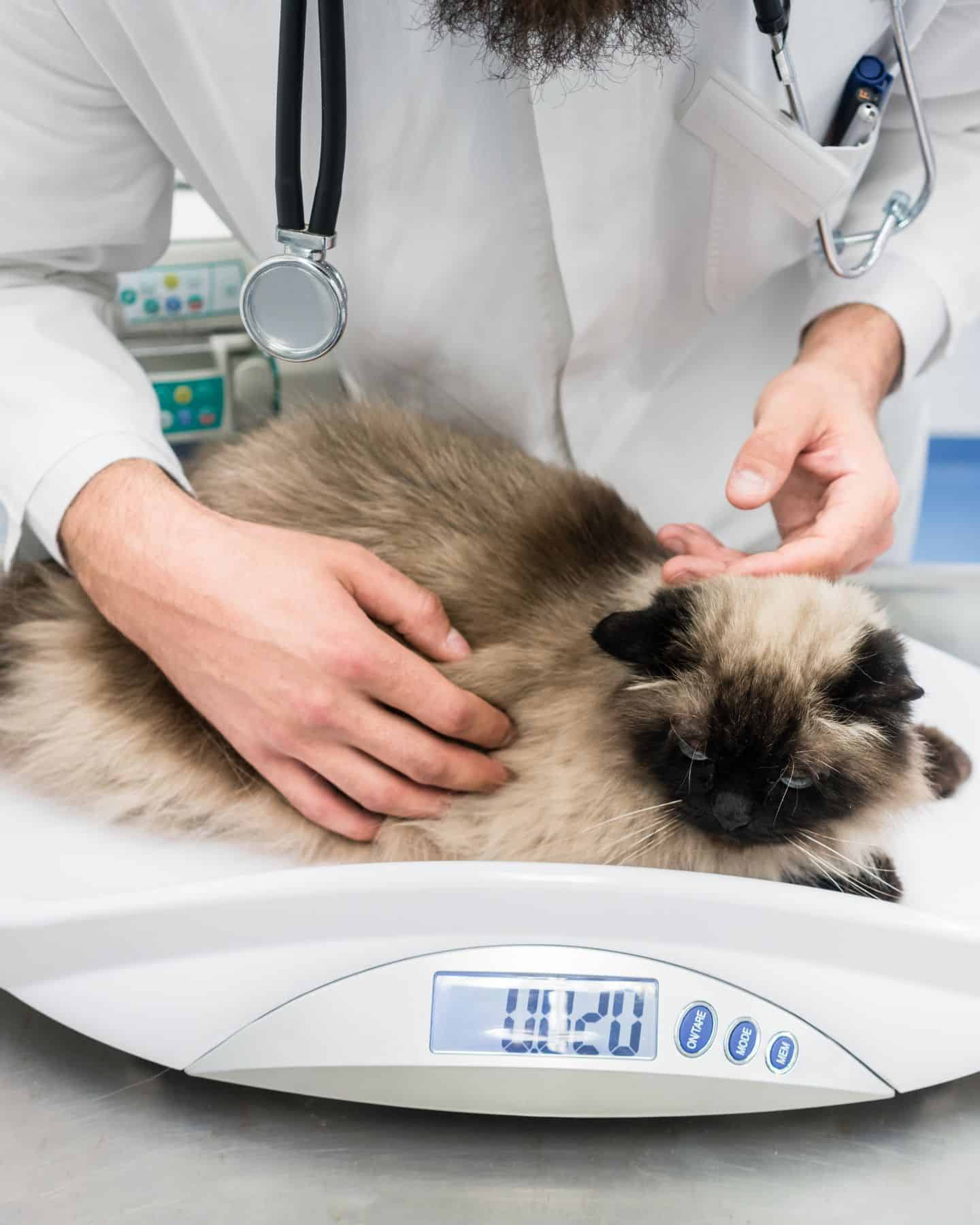
Cat obesity is a significant concern, but armed with knowledge and assistance from your vet, you’ve got this!
Helping our furry friends maintain a healthy weight ensures they lead longer and happier lives. Remember, a healthy weight equals a purr-fectly happy cat!

